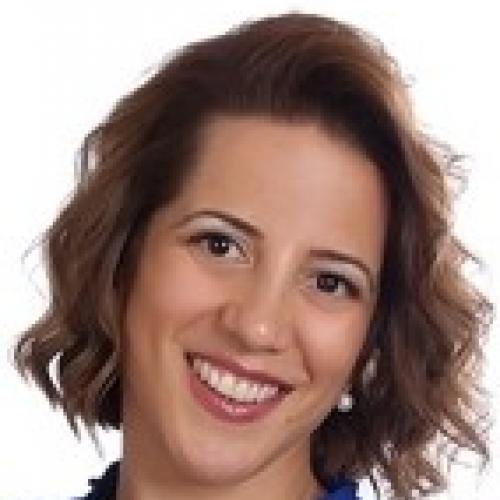- Overview
-
Our research focuses on improving dental visits for children by using innovative technologies like virtual reality (VR) and artificial intelligence (AI). These tools help us make dental care less intimidating and more engaging, particularly for children with special needs such as autism. We aim to transform dental visits into a more positive experience. This approach not only alleviates anxiety but also enhances the overall effectiveness of dental treatments.
- Publications
-
Congenital insensitivity to pain with anhidrosis: A case with self-inflicted oral ulcerations
Journal of Dentistry for Children
2019Waiting room time: An opportunity for parental oral health education
Canadian Journal of Public Health
DOI: 10.17269/CJPH.108.5984
2017 - Research
-
Sedation Extension Clinic Pilot Project
This project aims to improve access to dental care for children with behavioral complexities by reducing reliance on OR-based dental sedation. It integrates caregiver education, innovative sedation technologies, and interdisciplinary collaboration to create a tailored and trauma-informed dental care experience.Oral Health Promotion in Schools Using Lay Health Advisors and Technology
This initiative seeks to promote oral health in school-aged children through interactive apps and digital tools, empowering caregivers and children with accessible educational resources. The project is in the development phase, with pilot implementations being planned.Caregiver Feedback for Service Improvement
I am supervising two graduate students on QI projects aimed at improving services at BCCH and UBC. These projects involve collecting caregiver feedback to enhance patient experiences and outcomes in sedation and oral health services.
Researching mental health and substance use: Q&A with new investigator Dr. Trevor Goodyear
Dr. Trevor Goodyear's interest in working with youth stems from several years as a registered nurse in Ontario and BC, including in child and adolescent mental health at BC Children's Hospital. He joined BCCHR as an investigator in October 2025.





